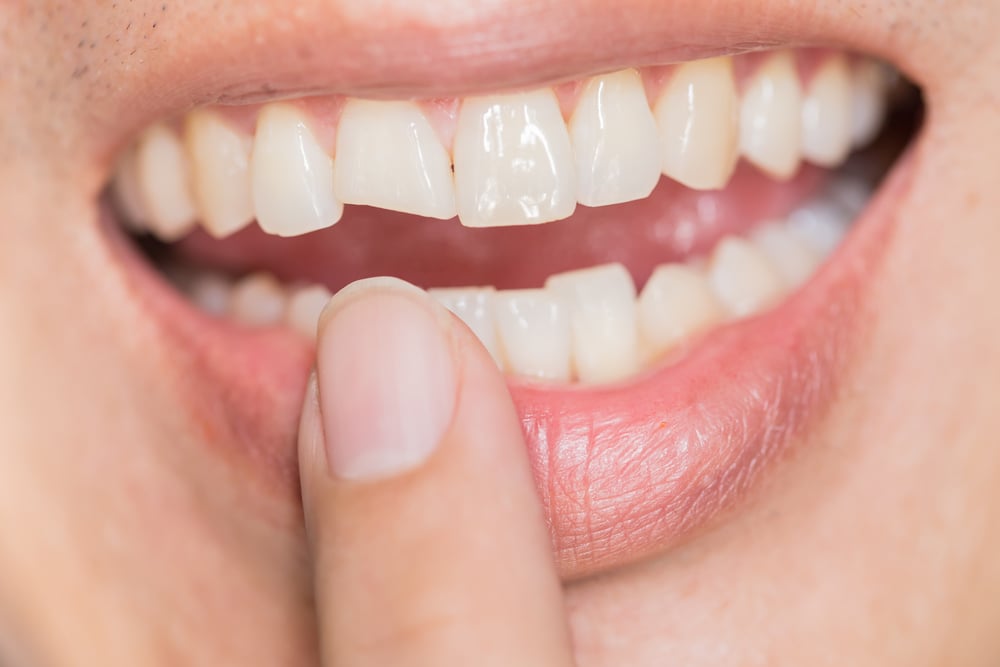As I start to get older I realize that I have lived many incredible experiences that I simply don’t remember. It is in moments like this that I wish I had kept a diary instead of reading my sister’s for ammunition to mock her with. However, a new study now reveals that our life story may already be written down. If that sounds odd then wait until you hear the oddest part. It appears our life story is written down on our teeth.
While studying someone’s teeth can obviously reveal their dental history a new study now suggests it can reveal a lot more. A study published in a journal called Scientific Reports recently provided some evidence that our teeth are taking note of everything that happens in our life. At the base of the tooth, there is a material called cementum that helps to stabilize in your gum. Every year a new layer of cementum is added to the tooth much like how a new layer is added to a tree every year.
These cementum layers form rings like the rings on a tree. The study suggests that we can examine large life events by changes in the rings of the tooth. To determine this fact the study looked at 50 sets of teeth of people aged between 25 and 69. They then compared their findings with the medical history of each person. What they found was extraordinary.
While you might expect there to be some trace of dental issues, there was far more found. The study appeared to show that things like incarceration, pregnancy, menopause, and serious illness all impacted the formation of cementum. That altered layer was kept in the body forever.
The researchers haven’t discovered the exact relationship between life events and how they are represented in the teeth. For example, one serious life event, a divorce, appears like contracting a disease. Whether this means that people started to brush their teeth differently after a serious event or if there is a stronger underlying cause is still unclear and requires further research.
The study does mean that cementum can now be used as a tool in many debates on the evolution of human history. Whenever remains are found, the story that cementum tells will be able to provide a lot of information on the type of life that someone lived, whether it was full of trauma or not.
The study was conducted by Paola Cerrito of New York University’s Department of Anthropology and College of Dentistry. Cerrito notes that the team was not looking for these results but that often as part of science you must let the data tell the story. This data was telling a strong story. It was telling the life story of each set of teeth that they looked at.
Cerrito and his team analyzed the teeth of deceased Central African Malawians. To understand the skeleton’s history the team had to look at extensive records and rely on family notes. The next step is likely to try and track the impact of life experiences on the teeth of people that are still alive.
The new discovery adds further weight to the biological mysteries that still exist not only on this planet but in our bodies. We still only know a small amount about how our bodies evolved to their current form and the role of every part. It will be amazing to keep track of Cerrito and his team’s progress on this matter.
While we likely won’t be able to use our teeth to tell our life story anytime soon it is amazing to see how our body reacts to serious life events. Often these stressors that take us so long to recover from emotionally leave no visible scars behind. It now appears that they do leave a physical trace.






